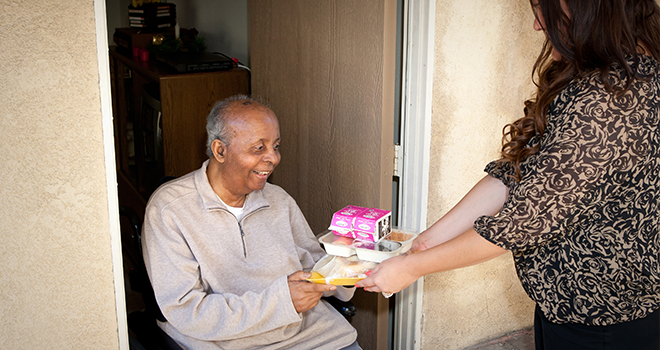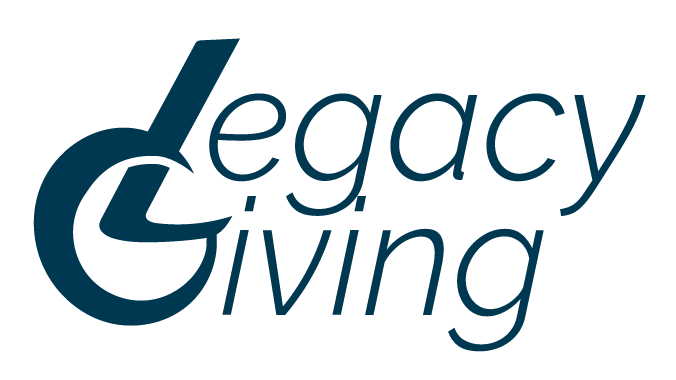Make a Difference for Generations to Come

Make a Difference for Generations to Come
Ways You Can Give to Make a Difference
Planned Giving
About Bequests

You may be looking for a way to make a significant gift to help further our mission. A bequest is a gift made through your will or trust. It is one of the most popular and flexible ways that you can support our cause.
IRA Charitable Rollover

An IRA rollover allows people age 70 1/2 and older to reduce their taxable income by making a gift directly from their IRA.
Beneficiary Designations

A beneficiary designation gift is a simple and affordable way to make a gift to support our cause. You can designate our organization as a beneficiary of a retirement, investment or bank account or your life insurance policy.
Charitable Gift Annuities

A charitable gift annuity is a great way you can make a gift to our organization and benefit. You transfer your cash or property to our organization and we promise to make fixed payments to you for life at a rate based on your age.
Donor Stories

Learn how others have made an impact through their acts of giving to our organization and others. Explore the many benefits of charitable gift planning.
Gift Options

Find out What to Give and learn about the best assets to make a planned gift. Learn about gifts of cash, securities and property. Learn How to Give and discover gift options that provide tax and income benefits. Discover the best planned gift to meet your goals.
Sunday April 28, 2024
Washington News

Protect Yourself From Fires and Hurricanes This Summer
The month of May is an excellent time to begin reviewing your emergency preparedness plan. Part of that plan includes taking steps to protect personal documents and tax-related information.
1. Secure Key Documents — You should gather your tax returns, birth certificates, deeds to property and insurance policies and place them in a waterproof container or a secure location. Many individuals also create a duplicate of key documents and leave those with a trusted person or store them on an external drive.
2. Document Valuables — If there is a natural disaster, you could suffer the loss of valuable collections, furniture and other items in your home. You will have a much better opportunity to receive compensation from an insurance company or claim tax benefits for a disaster loss if you have good records. IRS Publication 584 includes disaster-loss workbooks that may help you compile lists of property.
3. Rebuild After a Disaster — If you do experience a disaster, you may need assistance from the government or your insurance company. If you have lost some or all of your tax records, the IRS has a webpage on " Reconstructing Records After a Natural Disaster or Casualty Loss" on www.irs.gov.
4. IRS Assistance — If the Federal Emergency Management Agency (FEMA) issues a disaster declaration for your area, the IRS often will postpone tax-filing and tax-payment deadlines. You do not need to call the IRS. The IRS computers can identify taxpayers who are located in covered disaster areas. If you have tax-related questions on a disaster in your area, contact the IRS at (866) 562-5227 to speak with a specialist. The IRS has trained staff who can answer disaster-related questions.
While individuals all hope not to be involved in a natural disaster, it could happen to you without notice. There are additional natural disaster preparations that will help protect you on www.irs.gov. There is also a webpage on the FEMA website with a recommended set of emergency supplies for a natural disaster. Check out "Build a Kit" on FEMA.gov for more information.
Previous Articles
Tax Benefits Highlighted for Businesses




